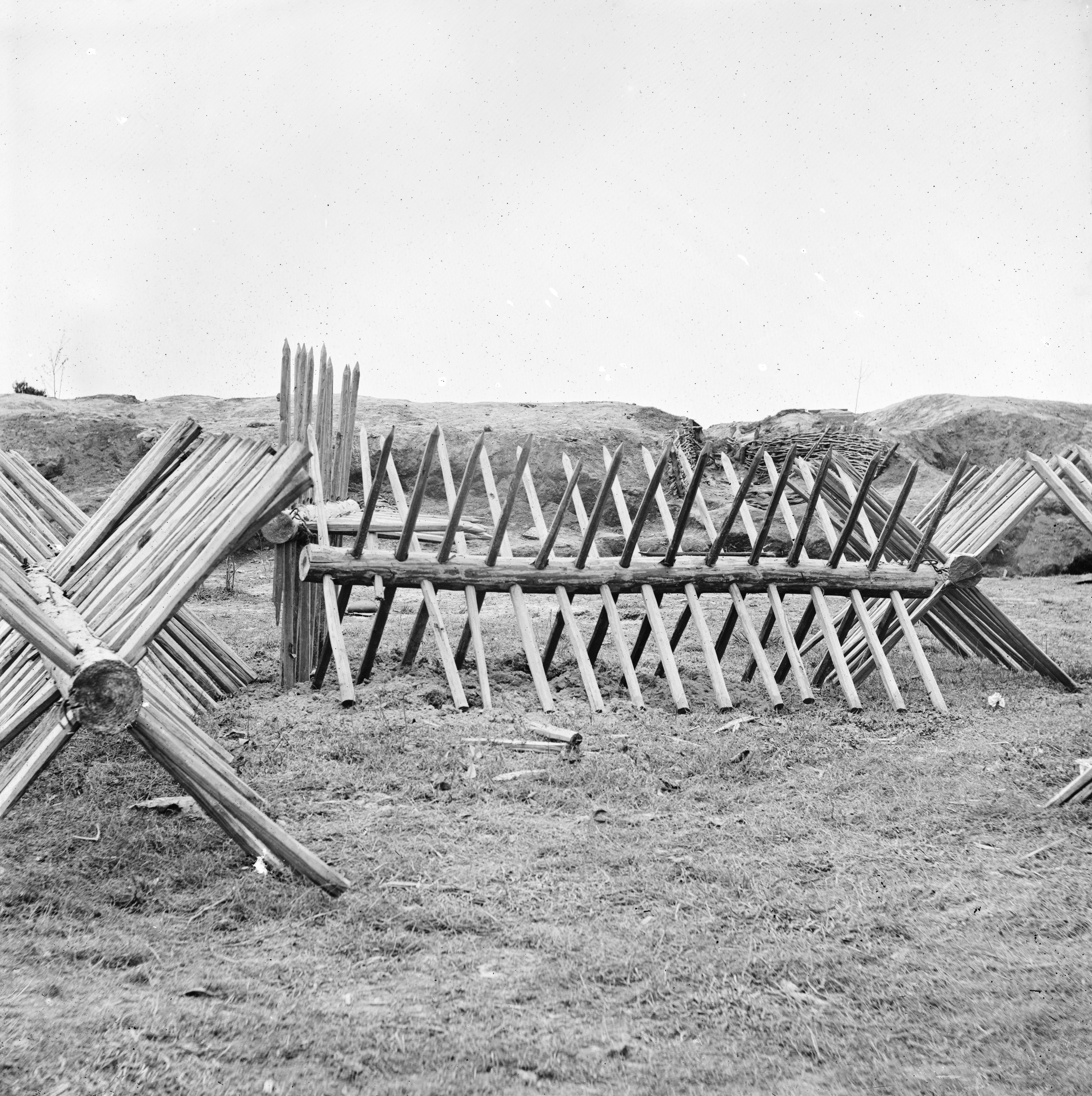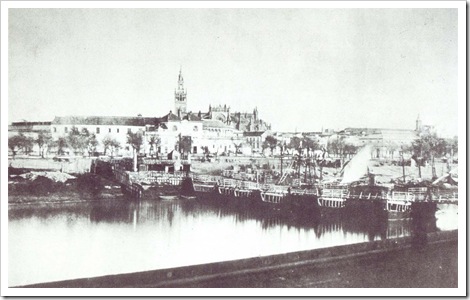|
Incident At Gaoping Tombs
The Incident at the Gaoping Tombs was a ''coup d'état'' that took place on 5 February 249 in the state of Cao Wei during the Three Kingdoms period (220–280) of China. The parties involved were Sima Yi and Cao Shuang, who were both regents for the Cao Wei emperor Cao Fang, who was then about 17 years old. On that day, while Cao Shuang and his brothers accompanied the emperor on a visit to the Gaoping tombs, Sima Yi staged a ''coup d'état''; taking control of the capital city of Luoyang and issuing a memorial which listed out the various crimes Cao Shuang had committed. Cao Shuang surrendered and gave up his powers after further receiving reassurance that he and his family would be spared, thinking that he could still live a life in luxury. Shortly thereafter, Cao Shuang, his brothers, and his supporters were charged with treason and executed along with their families on 9 February. The ''coup d'état'' increased the Sima family's influence and paved the way for the eventual rep ... [...More Info...] [...Related Items...] OR: [Wikipedia] [Google] [Baidu] |
Luoyang
Luoyang is a city located in the confluence area of Luo River (Henan), Luo River and Yellow River in the west of Henan province. Governed as a prefecture-level city, it borders the provincial capital of Zhengzhou to the east, Pingdingshan to the southeast, Nanyang, Henan, Nanyang to the south, Sanmenxia to the west, Jiyuan to the north, and Jiaozuo to the northeast. As of December 31, 2018, Luoyang had a population of 6,888,500 inhabitants with 2,751,400 people living in the built-up (or metro) area made of the city's five out of six urban districts (except the Jili District not continuously urbanized) and Yanshi District, now being conurbated. Situated on the Central Plain (China), central plain of China, Luoyang is among the List of oldest continuously inhabited cities#East Asia, oldest cities in China and one of the History of China#Ancient China, cradles of Chinese civilization. It is the earliest of the Historical capitals of China, Four Great Ancient Capitals of China. Name ... [...More Info...] [...Related Items...] OR: [Wikipedia] [Google] [Baidu] |
Congee
Congee or conjee ( ) is a type of rice porridge or gruel eaten in Asian countries. It can be eaten plain, where it is typically served with side dishes, or it can be served with ingredients such as meat, fish, seasonings and flavourings, most often savory, but sometimes sweet. It is typically served as a meal on its own, especially for breakfast or people who are ill. Names for congee are as varied as the style of its preparation, but all are made with rice cooked as a softened porridge with a larger quantity of water than other types of cooked rice like pilaf or claypot rice. Etymology The English word ''congee'' is derived from the Tamil word ''kanji'' (, ''kañci'', ). In Chinese, it is known as ''zhou'' (). It is mentioned in the ''Book of Rites'' and noted in Pliny’s account of India circa 77 CE. Preparation To prepare the dish, rice is boiled in a large amount of water until it softens significantly. Congee can be made in a pot or in a rice cooker. Some rice cookers ... [...More Info...] [...Related Items...] OR: [Wikipedia] [Google] [Baidu] |
Cheval De Frise
The ''cheval de frise'' (plural: ''chevaux de frise'' , " Frisian horses") is a defensive obstacle, which existed in a number of forms and were employed in various applications. These included underwater constructions used to prevent the passage of ships or other vessels on rivers, or as anti-cavalry measure consisting of a portable frame (sometimes just a simple log) covered with many projecting long iron or wooden spikes or spears. They were principally intended as an anti- cavalry obstacle but could also be moved quickly to help block a breach in another barrier. They remained in occasional use until they were replaced by wire obstacles just after the American Civil War. During the Civil War, the Confederates used this type of barrier more often than the Union forces. During World War I, armies used ''chevaux de frise'' to temporarily plug gaps in barbed wire. Barbed wire ''chevaux de frise'' were used in jungle fighting on the South Pacific islands during World War II. ... [...More Info...] [...Related Items...] OR: [Wikipedia] [Google] [Baidu] |
Yi River (Henan)
The Yi River (Chinese: 伊河; Pinyin: Yī Hé) is a tributary of the Luo River in the province of Henan, China. The river rises in Luanchuan County, and then flows through the counties of Song and Yichuan before entering Luoyang city proper. It joins the Luo River at Yanshi Yanshi District () is a district in the prefecture-level city of Luoyang in western Henan province, China. Yanshi lies on the Luo River and is the easternmost county-level division of Luoyang. History After the Zhou conquest of Shang in mid-11th .... The river's total length is 368 kilometres and it has a catchment basin of 6,100 square kilometres. The Yi-Luo river basin is of major archaeological significance. Rivers of Henan {{China-river-stub ... [...More Info...] [...Related Items...] OR: [Wikipedia] [Google] [Baidu] |
Luo River (Henan)
The Luo River () is a tributary of the Yellow River in China. It rises in the southeast flank of Mount Hua in Shaanxi province and flows east into Henan province, where it eventually joins the Yellow River at the city of Gongyi. The river's total length is . Although not a major river by most standards, it flows through an area of great archaeological significance in the early history of China. Principal cities or prefectures located on the river include Lushi, Luoning, Yiyang, Luoyang, Yanshi, and Gongyi. The Luo's main tributary is the Yi River, which joins it at Yanshi, after which the river is called the Yiluo River. See also * Lo Shu Square * Peiligang culture The Peiligang culture was a Neolithic culture in the Luo River (Henan), Yi-Luo river basin (in modern Henan, Henan Province, China) that existed from 7000 to 5000 BC. Over 100 sites have been identified with the Peiligang culture, nearly all o ... External links Confluence of the Luo and Yellow Rivers ... [...More Info...] [...Related Items...] OR: [Wikipedia] [Google] [Baidu] |
Pontoon Bridge
A pontoon bridge (or ponton bridge), also known as a floating bridge, uses float (nautical), floats or shallow-draft (hull), draft boats to support a continuous deck for pedestrian and vehicle travel. The buoyancy of the supports limits the maximum load that they can carry. Most pontoon bridges are temporary and used in wartime and civil emergencies. There are permanent pontoon bridges in civilian use that can carry highway traffic. Permanent floating bridges are useful for sheltered water crossings if it is not considered economically feasible to suspend a bridge from anchored piers. Such bridges can require a section that is elevated or can be raised or removed to allow waterborne traffic to pass. Pontoon bridges have been in use since ancient times and have been used to great advantage in many battles throughout history, such as the Battle of Garigliano (1503), Battle of Garigliano, the Battle of Oudenarde, the Operation Plunder, crossing of the Rhine during World War II, the ... [...More Info...] [...Related Items...] OR: [Wikipedia] [Google] [Baidu] |
Wang Guan (Three Kingdoms)
Wang Guan (died November or December 260), courtesy name Weitai, was a Chinese politician of the state of Cao Wei during the Three Kingdoms period of China. Life Wang Guan lost his parents early. Cao Cao summoned him to serve as a Writing Assistant in the Imperial Chancellor's office. Later, he was reassigned to serve as the County Prefect () of Gaotang (), Yangquan (), Zan () and Ren () counties. When Cao Pi ascended the throne, Wang Guan was recalled to the capital to serve as a Gentleman of Writing () and Supervising Judge (). Afterwards, he was appointed as the Administrator () of Nanyang () and Zhuo () commanderies. There he built a reputation of defending local people from invasions by Xianbei tribes. When a government inspector came to check the state of his administration, Wang Guan volunteered to degrade his grade on the ground that his region was under the threat of the Xianbei, and endured the penalty of sending his own child to the capital as a hostage. Before lo ... [...More Info...] [...Related Items...] OR: [Wikipedia] [Google] [Baidu] |
Zhou Bo
Zhou Bo (died 169 BC), posthumously known as Marquis Wu of Jiang, was a Chinese military general and politician who served as a chancellor of the early Western Han dynasty. Life Zhou Bo's ancestral home was in Juan County (; present-day Yuanyang County, Henan) but he was born in Pei County in present-day Jiangsu. He was a friend of Liu Bang (Emperor Gaozu), the founding emperor of the Han dynasty. Around 206 BC, he joined Liu Bang in rebelling against the Qin dynasty. After the fall of the Qin dynasty, Zhou Bo fought on Liu Bang's side in the Chu–Han Contention against Liu Bang's rival, Xiang Yu. After Liu Bang became emperor and established the Han dynasty, he enfeoffed Zhou Bo as the Marquis of Jiang () to honour him for his contributions in battle. Zhou Bo served as the Right Chancellor during the reign of Liu Bang's son, Liu Heng (Emperor Wen). After Zhou Bo died, Emperor Wen awarded him the posthumous title "Marquis Wu" (; literally "military marquis"). One of Zhou Bo ... [...More Info...] [...Related Items...] OR: [Wikipedia] [Google] [Baidu] |
Situ (office)
Situ was one of the highest ranking government offices in ancient China. Established in the Western Zhou dynasty, it was originally written as (), meaning Administrator of Land. During the Han dynasty, the title became written with the different characters (), which is translated variously as Minister over the Masses or Excellency over the Masses. It was one of the three most important official posts during the Han dynasty, called the Three Excellencies. The nominal salary for the post was 20,000 ''Picul, dàn'' () of grain.Michael Loewe The Men Who Governed Han China Dictionary of the Qin, Former Han and Xin Periods (2004) The title is the origin of the Situ (surname), surname Situ. See also * Government of the Han dynasty * Tai Situpa (Grand Situ) * Translation of Han dynasty titles References Citations Sources * * Chinese-language titles, Situ Obsolete occupations Government of Imperial China Zhou dynasty Han dynasty {{Job-stub ... [...More Info...] [...Related Items...] OR: [Wikipedia] [Google] [Baidu] |
Gao Rou
Gao Rou (174 – October or November 263), courtesy name Wenhui, was a Chinese politician of the state of Cao Wei during the Three Kingdoms period of China. He was a younger relative of Gao Gan. He previously served under the warlords Yuan Shao and Cao Cao in the late Eastern Han dynasty. See also * Lists of people of the Three Kingdoms Notes References * Chen, Shou (3rd century). ''Records of the Three Kingdoms'' (''Sanguozhi''). * Pei, Songzhi (5th century). ''Annotations to Records of the Three Kingdoms Annotations to Records of the Three Kingdoms () by Pei Songzhi (372-451) is an annotation completed in the 5th century of the 3rd century historical text ''Records of the Three Kingdoms'', compiled by Chen Shou. After leaving his native land, Pei ...'' (''Sanguozhi zhu''). 174 births 263 deaths Cao Wei politicians Han dynasty politicians from Henan Officials under Cao Cao Officials under Yuan Shao Political office-holders in Henan Politicians from Kaifeng< ... [...More Info...] [...Related Items...] OR: [Wikipedia] [Google] [Baidu] |
Jiang Ji
Jiang Ji (died 18 May 249), courtesy name Zitong, was an official and military general of the state of Cao Wei during the Three Kingdoms period of China. Born in the late Eastern Han dynasty, Jiang Ji started his career as a low-level official in his native Yang Province before becoming a subordinate of Cao Cao, the warlord who controlled the central government towards the end of the Eastern Han dynasty. After the end of the Eastern Han dynasty, he served in the state of Cao Wei through the reigns of the first three emperors – Cao Pi, Cao Rui and Cao Fang – and held various appointments in the military before rising to Grand Commandant, one of the top positions in the central government. During his service in Wei, he was known for being candid in giving advice to the emperor on various issues, including consolidating power, halting labour-intensive construction projects, and officials' abuses of power. In February 249, he joined the regent Sima Yi in staging a successful ''c ... [...More Info...] [...Related Items...] OR: [Wikipedia] [Google] [Baidu] |
Huan Fan
Huan Fan (died 9 February 249), courtesy name Yuanze, was an official and military general of the state of Cao Wei during the Three Kingdoms period of China. Life Huan Fan was from Pei State (), which is around present-day Suixi County, Anhui. He started his career in the late Eastern Han dynasty as a minor official in the office of the Imperial Chancellor, the position held by Cao Cao, the warlord who controlled the central government and the figurehead Emperor Xian at the time. Sometime in early 220, he was promoted to Left Supervisor () of the Feathered Forest () section of the imperial guards. Later that year, Cao Cao's son Cao Pi usurped the throne from Emperor Xian and established the Cao Wei state with himself as the new emperor. Cao Pi put Huan Fan, Wang Xiang () and Liu Shao in charge of writing the ''Huang Lan'' (). During the reign of the second Wei emperor Cao Rui ( 226–239), Huan Fan served as a Master of Writing () and Commandant of the Central Army (). Later, ... [...More Info...] [...Related Items...] OR: [Wikipedia] [Google] [Baidu] |





